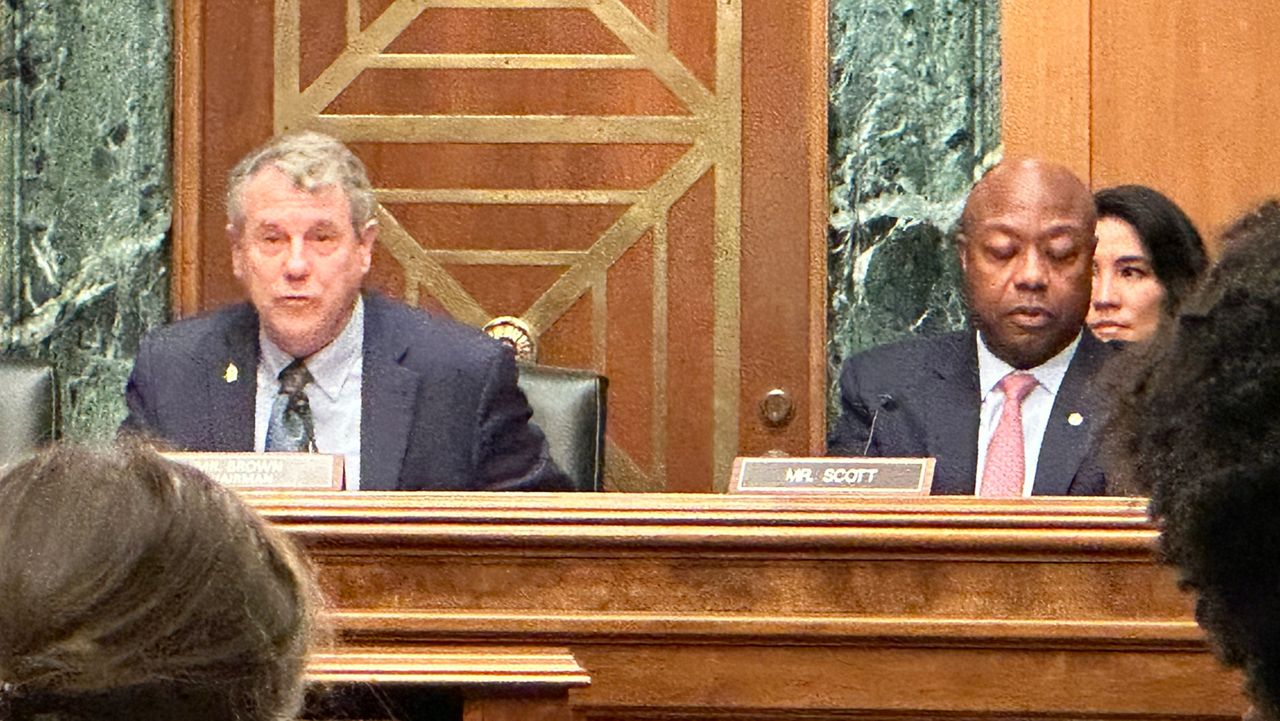WASHINGTON, D.C. — In his 19 months in the Senate, vice presidential candidate JD Vance has not sponsored or co-sponsored any legislation that became law. He used his platform, however, to spread his ideas, which in some cases differ from those of fellow Republicans in the chamber.
What You Need To Know
- JD Vance has not sponsored or co-sponsored any bills that became law
- Vance has introduced measures countering culture war issues like mask mandates, diversity initiatives and sanctuary cities
- Vance has gone against most in his party to support some measures, such as to provide more funding for the Affordable Connectivity Program
As a freshman senator in the minority party, none of the 57 bills Vance sponsored since entering office last year passed the Senate. Of the 288 he has co-sponsored, 37 passed the chamber. Two resolutions he co-sponsored made it past the House, but were then vetoed by President Joe Biden.
Vance has said passing legislation takes time.
“You know, I think a lot of it's just priorities,” Vance said in an interview with Spectrum News in May. “Not that those priorities are bad. But sometimes good programs do slip through the cracks.”
Vance has not been a freshman wallflower, though. He has spoken 45 times on the Senate floor. In those speeches, he often pressed culture war issues, railing against mask mandates, diversity initiatives and sanctuary cities.
One major area Vance differs from traditional conservatives is in his economic policy views. Like former President Donald Trump, Vance opposes unchecked free trade in favor of protectionist policies.
“The section 230 tariffs implemented during the Trump administration that I think really did a good job of protecting some of our domestic steel industry,” Vance said in January.
Like some other hard-right conservatives, Vance has shunned earmarks, special funding approved outside the normal appropriations process that lawmakers direct toward projects and programs in their home districts.
He also voted against every major spending package since he came to office.
But Vance went against most in his party to support new funding for the Affordable Connectivity Program, which provided a monthly subsidy to low-income Americans to pay for internet service. That service was provided by companies including Charter, the parent of Spectrum News.
Before the program expired earlier this year, Vance was among just three Republicans in the Senate to co-sponsor renewal legislation.
“Yes, the ACP program costs money,” Vance said in May. “But if you give people access to broadband and they're able to participate in telehealth, they save a lot of money on their health care costs. The government that sometimes pays for those health care expenses is saving a lot of money. That, of course, flows back to the consumers in the form of tax benefits.”
Vance has also focused his attention on blocking more aid to Ukraine and reforming railway safety rules after the train derailment in East Palestine, Ohio last year.










